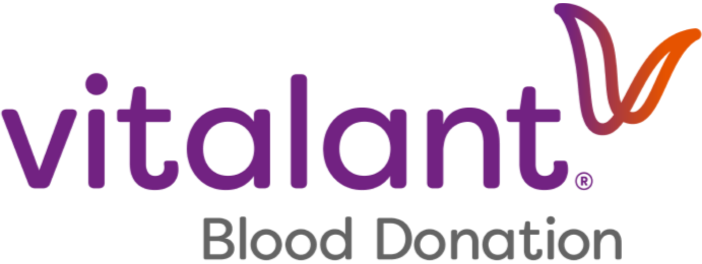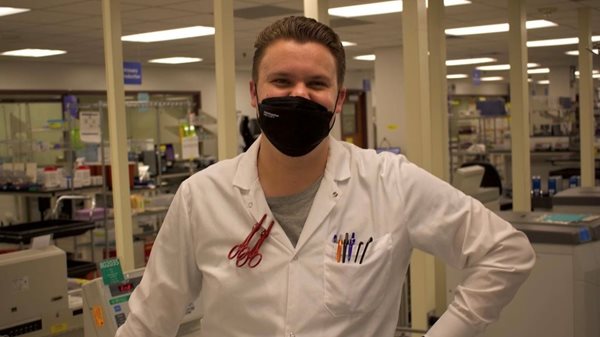.png?lang=en-US)
In 2016, at age 17, Dylan Bowen attempted suicide.
With the perspective of age and hindsight, his outlook on life has changed. But, in the moment, his world felt empty and void of vibrance.
“I was at a point in my life where depression and suicidal thoughts and actions filled my head nonstop,” Dylan said. “I could not escape them.”
Having recently ended his first gay relationship, which he described as a journey in itself, Dylan struggled with his mental health until he reached his breaking point.
He spent three days in the hospital and the following six years mentally recovering through therapy and self-care. After the darkest days of his life, he’d found light to carry him forward.
“The day I left the hospital, everything seemed a little bit brighter,” Dylan said. “The trees were greener. The sun was a little brighter. And the smell of those flowers seemed to bring back childhood nostalgia. There’s more beauty in this world than people realize.”
September is Suicide Prevention Awareness Month, and Dylan is reflecting on his journey, including how joining the team at Vitalant helped save his life.
Dylan joined Vitalant as a lab tech in July 2017. His mother had worked here as a phlebotomist for nearly 20 years at the time and “some of the folks I work with now knew me when I was in diapers,” he said.
From day one, Dylan knew he belonged and that Vitalant could help him heal. Those feelings were validated when his mother transitioned from blood collector to patient and needed a transfusion of her own.
.png?lang=en-US)
“That was the first moment of realization for me that I was doing something important, that I was part of a team that was saving people’s lives,” said Dylan, now a component manufacturing supervisor. “There is great satisfaction in being part of something bigger than oneself, and I have found that here.”
Being part of the LGBTQ+ community, however, can affect those experiences. Like all U.S. blood centers, Vitalant is required to follow eligibility guidelines issued by the U.S. Food and Drug Administration (FDA), including the deferral policy for men who have sex with other men (MSM). While Vitalant is dedicated to welcoming as many donors as possible to give blood and served as the lead investigator in the ADVANCE Study, an FDA-funded pilot study that could potentially lead to changes to blood donor eligibility for gay and bisexual men, the current FDA guidelines still limit Dylan’s ability to contribute to the blood supply. That doesn’t stop him from seeing the bigger picture.
“Through the multitude of struggles in being a gay man - dealing with hatred, taunting, threats and so many others – I’ve never felt more at home and safe than I do here,” he said. “I love my job. My job has, in a sense, saved me in so many ways, and I owe it to our patients to give them my all and give them my best.”
For others struggling with their mental health or combatting suicidal thoughts, Dylan offered this: “As little to no purpose as you feel or as much as you feel like no one would care, there are so many people who do care about you, who do love you. Everybody was put on this earth to do something special.”
For Dylan, that something special happened at Vitalant.
Suicidal thoughts, much like mental health conditions, can affect anyone regardless of age, gender or background. Resources are available through the National Alliance on Mental Illness. If you need someone to speak to, please call the National Suicide Prevention Lifeline at 988.
By Adam Testa, strategic communications manager, Vitalant

